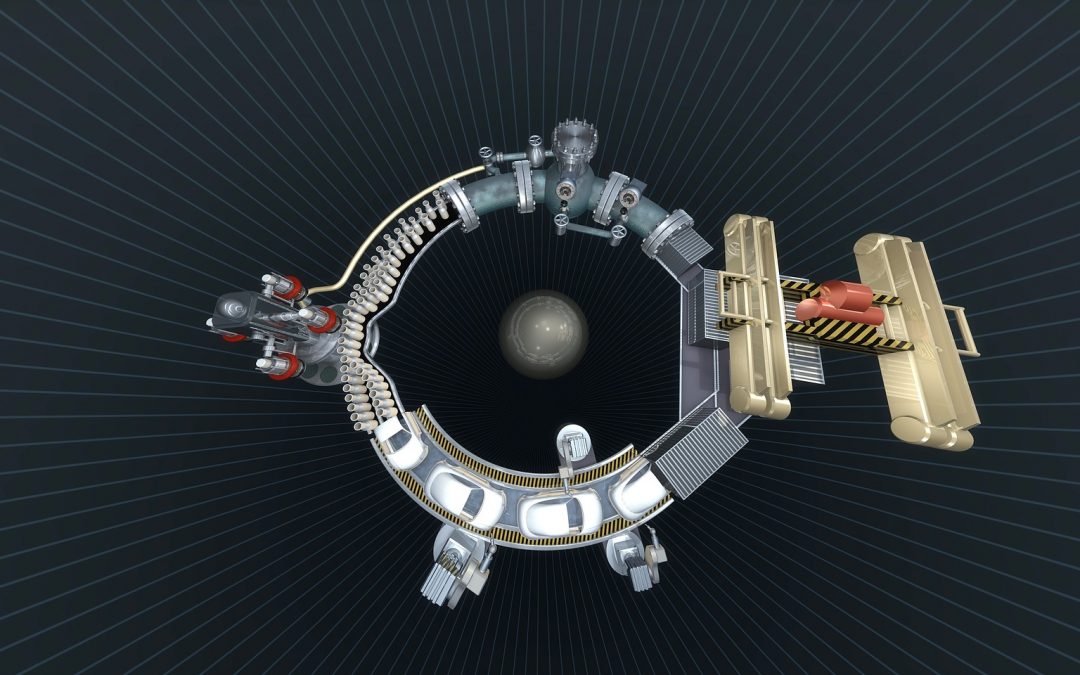MRO, or maintenance, repair, and overhaul, refers to the maintenance and upkeep of industrial equipment and machinery. It is an essential aspect of any business that relies on equipment to operate, as regular maintenance and repairs can help extend the lifespan of the equipment and prevent costly downtime or breakdowns.
There are several different types of MRO services that companies may utilize, including routine maintenance, emergency repairs, and overhauls. Routine maintenance typically involves regular inspections and upkeep of equipment to identify and address any potential issues before they become major problems. Emergency repairs, on the other hand, are typically required when equipment breaks down unexpectedly and needs to be fixed as quickly as possible to minimize downtime. Overhauls, or complete rebuilds, are typically reserved for older equipment that requires extensive repairs or upgrades in order to continue operating at optimal capacity.
Effective MRO management can help companies reduce costs and improve efficiency by ensuring that equipment is functioning at its best. This can be achieved through a variety of strategies, such as implementing a proactive maintenance schedule, using predictive maintenance techniques, and identifying and addressing potential issues before they become major problems.
There are a number of different factors to consider when managing MRO for a business. These can include the age and condition of the equipment, the availability of spare parts, the skill level of maintenance staff, and the overall cost of repairs versus replacement. It is important for companies to carefully evaluate these factors in order to determine the most cost-effective and efficient approach to MRO for their specific business needs.
Overall, MRO is an essential aspect of any business that relies on equipment to operate. By implementing effective MRO management strategies, companies can reduce costs, improve efficiency, and extend the lifespan of their equipment.

